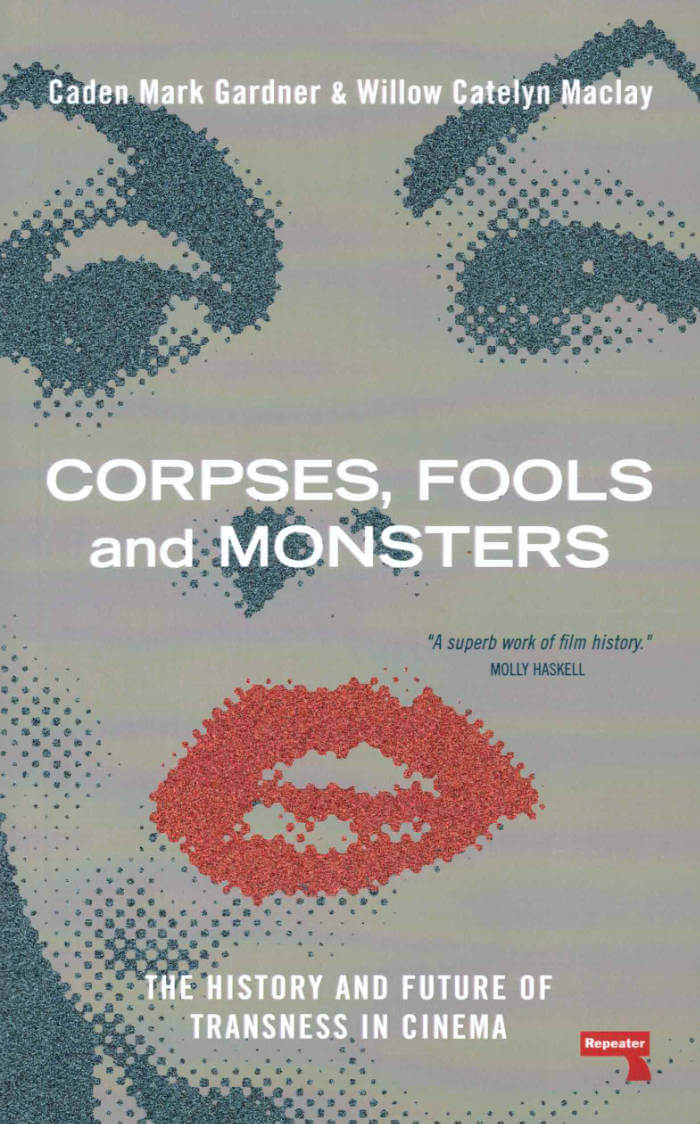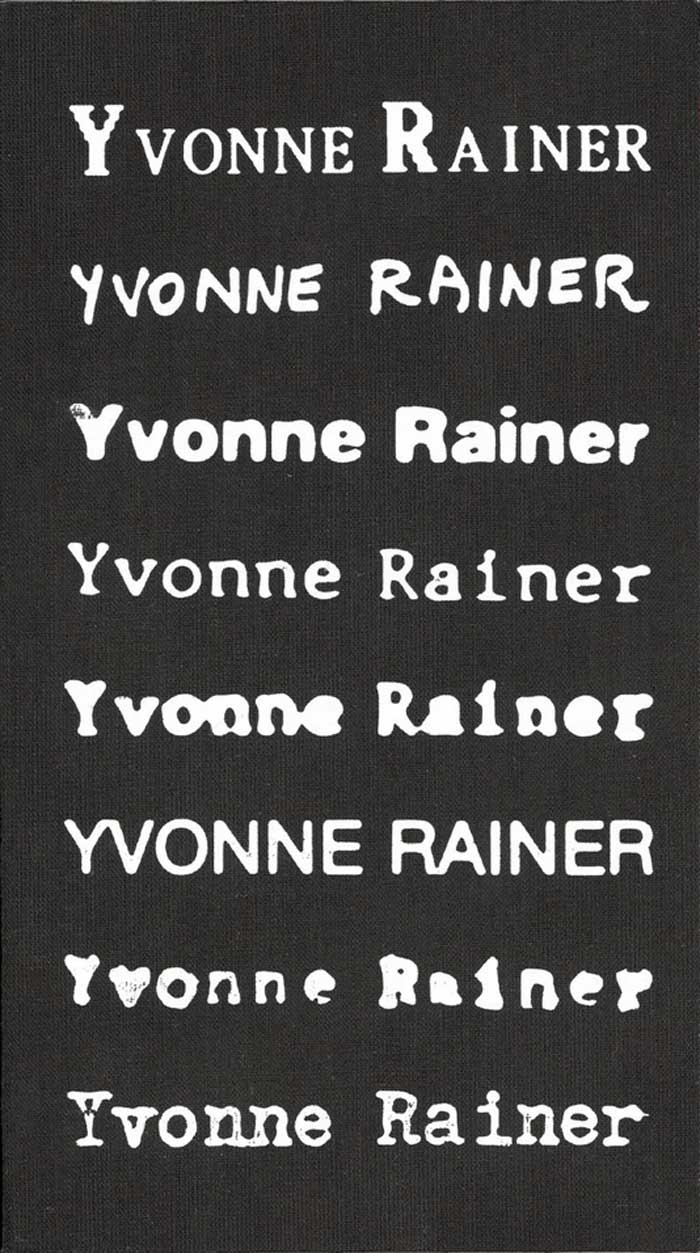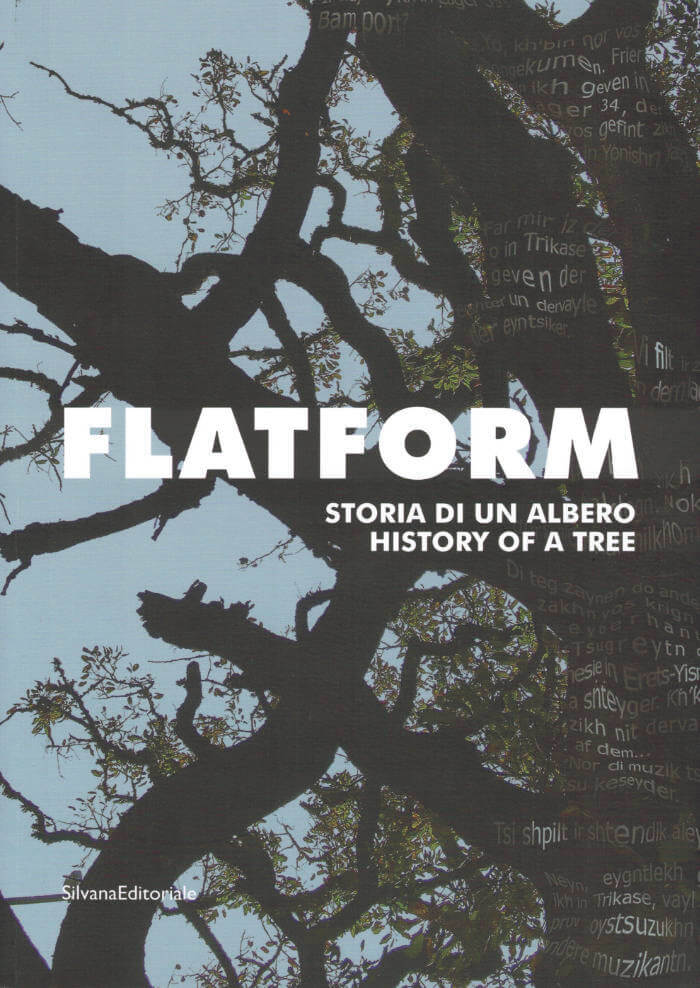
Corpses, Fools and Monsters: The History and Future of Transness in Cinema
A radical history of trans images in film, and an exploration of the political possibilities of the new trans cinema movement.
There have been trans images in cinema for over a century — very often bad cultural objects and very often inspired by the cultural zeitgeist, from Christine Jorgensen to Candy Darling to a guest on The Jerry Springer Show. But now, trans cinema as a movement is slowly emerging from the margins to create a new film language, often in reaction to these historical trans film images that cast the trans body in abject form; a corpse, a foolish joke, a tragic martyr, or even a monster.
Corpses, Fools, and Monsters is a new radical history of these trans film images, and an exploration of the political possibilities of the new trans cinema movement. Analysing the work of trans cinema directors Isabel Sandoval, Silas Howard, and the Wachowski Sisters, it also discusses the trans film image in everything from pre-talkie films and Ed Wood B-movies to Oscar-winners, body horror and slashers.
Going beyond reassessing notable films, performances, and portrayals, Corpses, Fools, and Monsters instead brings to light films and artists not given their due, along with highlighting filmmakers who are bringing trans cinema out of the margins in the twenty-first century.
Language: English




